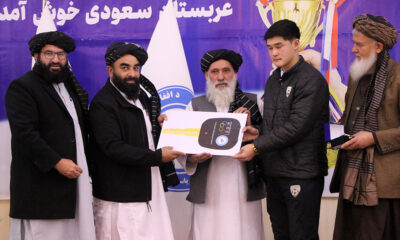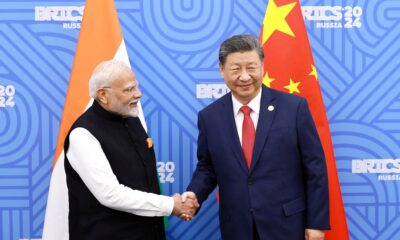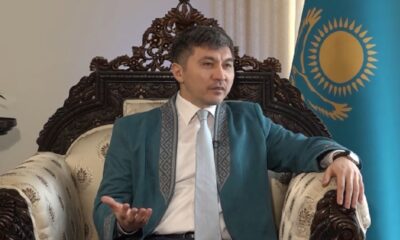Latest News
IEA announces additional appointments to key positions
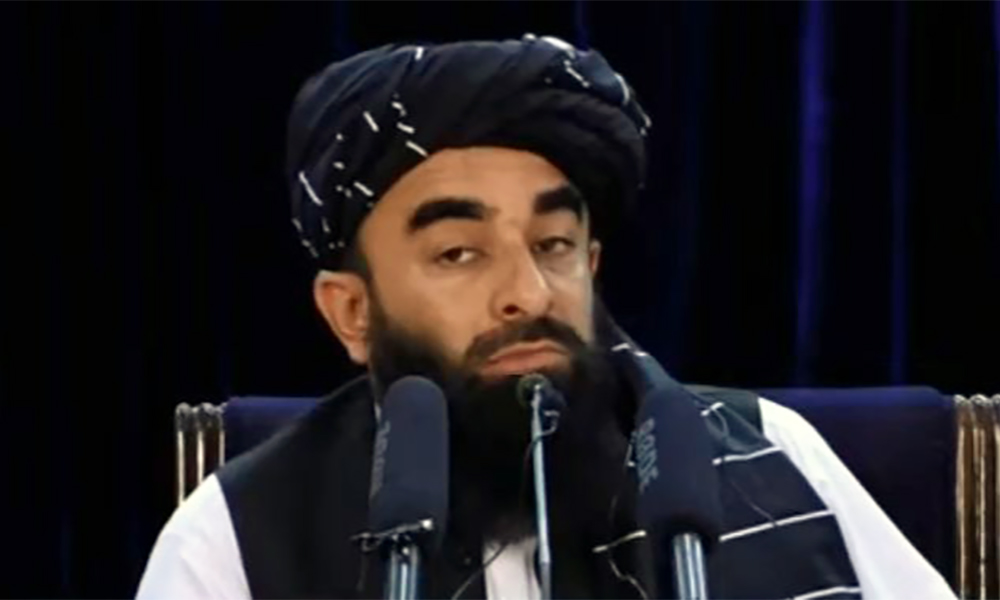
The Islamic Emirate of Afghanistan’s (IEA) deputy minister of culture and information on Tuesday announced the rest of the interim government’s key appointments including cabinet members.
Addressing a press conference in Kabul, Zabihullah Mujahid said expertise in the respective fields had been taken into account in appointing the acting ministers and other officials.
He said in doing this, the ministries will be strengthened and standardized.
Mujahid said that the following appointments have been made in the Ministries by the order of Ameerul Momineen Sheikh Hibatullah Akhundzada, the supreme leader of the IEA:
• Haji Nooruddin Azizi has been appointed as acting Minister of Commerce.
• Haji Mohammad Bashir has been appointed as First Deputy Minister of Commerce and Haji Mohammad Azim Sultanzada as Second Deputy Minister
• Qalandar Ibad as acting Minister of Public Health, Abdul Bari Omar and Mohammad Hassan Gheyasi as his acting deputies
• Sadar Mullah Mohammad Ibrahim has been appointed as the Deputy Security Minister for the Ministry of Interior
• Mullah Abdul Qayyum Zakir acting deputy defence minister
• Engineer Nazar Mohammad Motmaen has been appointed as the acting-head of the National Olympic Committee.
• Engineer Mujeeb-ur-Rehman Omar as the acting Deputy Minister of Power and Energy
• Haji Ghulam Ghaos as the acting Deputy Minister of Counter-Disaster
• Dr. Mohammad Faqir as the acting Head of the Central Statistics Office
• Haji Gul Mohammad as the acting Deputy Minister of Borders
• Gul Zarin Kochi as the second acting Deputy Minister of Borders
• Arsala Khoroti as the acting Deputy Minister of Refugees
• Dr. Lutfullah Khairkhwa as the acting Deputy Minister of Higher Education
• And Engineer Najibullah as the Director of Afghanistan’s Atomic Energy Agency
Mujahid said the government’s planned inauguration ceremony has been canceled as the IEA wants to get ministries and directorates back to work as soon as possible.
Meanwhile, asked by reporters if the cabinet is now inclusive, Mujaid said that representatives of minorities, including Hazaras, have been appointed to official positions.
Citing an example, Mujahid said Mohammad Hassan Gheyasi, the new acting deputy minister for public health is a Hazara.
“Minorities are considered in the cabinet and we are working to make it more inclusive,” Mujahid said.
Mujahid also said that the current cabinet will continue as an interim government for now until the IEA leaders have made their final decision.
On the topic of girls returning to school, Mujahid said: “We are working to complete the procedures so that girls can resume their education.”
On issues involving the health sector, Mujahid said that the visit to Kabul by the World Health Organization’s Director General Tedros Adhanom on Monday had raised hopes that a number of issues in this sector would be addressed and resolved soon.
On the issue of media, Mujahid said: “The media is important and we support the media. There have been some problems in provinces, but these are being addressed.”
In response to a question on the scrapping of the Ministry of Women’s Affairs, he said the interim government needs time to address issues around education and work relating to women and that the IEA first needs to ensure the safety of women and girls.
Discussing a number of other issues, he said the IEA was using all diplomatic channels available to have Afghanistan’s frozen assets released. He also said commercial flights into Kabul will resume as soon as the airport’s main radar system has been repaired.
According to him, the radar system was badly damaged when foreign troops withdrew.
On Daesh (ISIS-K) activities, Mujahid said that the group has no physical presence in any part of the country.
“The Daesh (ISIS) that exists in Iraq and Syria does not exist here. Still, some people who may be our own Afghans have adopted the Daesh mentality, which is a phenomenon that the people do not support,” he said but added the IEA would stop “cowardly” attacks.
This comes after Daesh claimed responsibility for a series of bomb blasts that rocked the city of Jalalabad in eastern Afghanistan over the weekend.
Latest News
TAPI project advances in Herat; 91 kilometers ready for pipeline installation
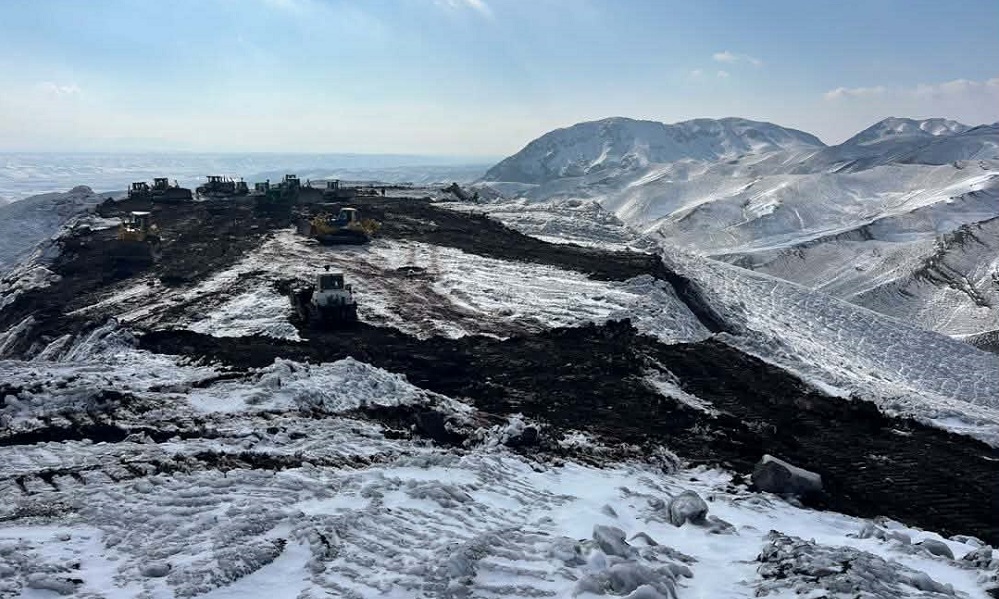
Significant progress has been made on the TAPI gas pipeline project in western Afghanistan, with 91 kilometers of the route in Herat province now ready for pipeline installation, officials said.
Herat Governor Noor Ahmad Islamjar met with Begenj Abdullayev, head of the TAPI project in Afghanistan, and Turkmenistan’s Consul General in Herat, Batyr Yulov, to review recent developments and future plans for the project.
During the meeting, Islamjar welcomed the advances achieved so far and praised the efforts of all parties involved. He said that close cooperation between Afghanistan and Turkmenistan has accelerated the project’s progress, expressing growing optimism about its successful completion.
Providing a technical update, Abdullayev said that 91 kilometers of the project route have been fully prepared for pipeline installation. He added that several work camps have also been established along the route to support ongoing and upcoming construction activities.
Consul General Batyr Yulov commended the cooperation of the Islamic Emirate in facilitating the implementation of the TAPI project. He said that, based on current planning, construction of the TAPI project in Herat province is expected to be completed by the end of this year.
The TAPI project, which aims to transport natural gas from Turkmenistan through Afghanistan to Pakistan and India, is considered one of the region’s most strategic energy initiatives and is expected to contribute significantly to regional connectivity, economic growth, and employment opportunities in Afghanistan.
Latest News
Afghanistan to become key player in regional cooperation within five years, says Kazakh ambassador
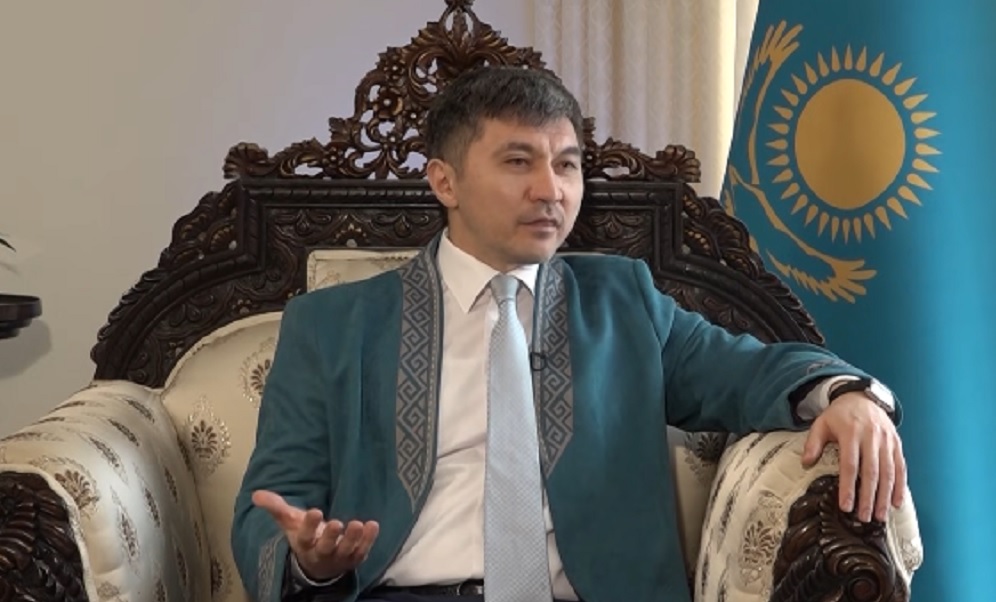
Kazakhstan’s Ambassador to Pakistan Yerzhan Kistafin has expressed optimism about Afghanistan’s potential to play a central role in regional cooperation and development over the next five years.
In a recent interview with Samaa TV, the ambassador emphasized that Afghanistan’s stability is crucial for the neighborhood.
“Security is the backbone. Without security we cannot develop,” the ambassador said, emphasizing on collective security measures to tackle challenges.
The envoy also pointed to initiatives like a planned railroad linking neighboring countries as examples of how infrastructure projects can strengthen regional ties.
He praised Afghanistan’s willingness to engage in regional projects, drawing parallels to the European Union’s transformation from conflict to cooperation.
“Within next five years we will enjoy a completely different regional landscape of regional cooperation,” he said.
The ambassador emphasized that regional development and security are deeply connected and that coordinated efforts between Pakistan, Afghanistan, Kazakhstan, and neighboring countries are essential for lasting peace and prosperity in the region.
Latest News
Afghan government to revoke most media support organization licenses

The Ministry of Information and Culture has announced that it will revoke the licenses of all media support organizations in Afghanistan, except for three designated groups.
In an official statement, the ministry highlighted the large number of media support organizations operating in the country and criticized some for engaging in unprofessional activities that, rather than addressing journalists’ and media outlets’ challenges, have damaged the international credibility of Afghanistan’s media institutions.
The ministry also noted that several organizations have been inactive for an extended period.
According to the statement, only the licenses of three media support organizations will be renewed, while all others will be canceled.
No further details were given nor did the ministry name the three organizations that would be allowed to renew their licenses.
-
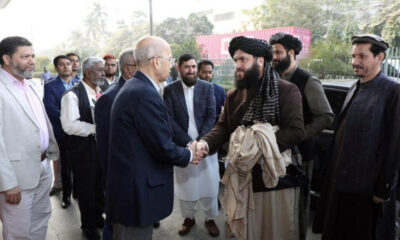
 Business5 days ago
Business5 days agoAfghan traders sign deal to import pharmaceuticals from Bangladesh
-

 Sport4 days ago
Sport4 days agoChina and Japan set for AFC U23 Asian Cup final showdown
-
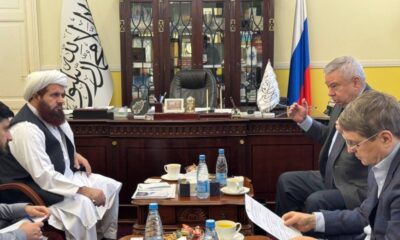
 Business4 days ago
Business4 days agoRussia signals interest in expanding investment and trade ties with Afghanistan
-

 Latest News4 days ago
Latest News4 days agoHeavy snowfall across Afghanistan claims 11 lives, shuts key highways
-
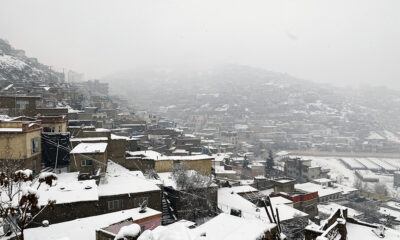
 Latest News5 days ago
Latest News5 days agoFirst winter snowfall blankets Kabul
-
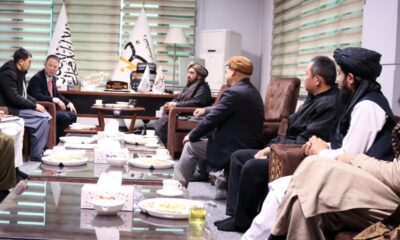
 Business5 days ago
Business5 days agoChinese investors pledge 400 Megawatts of coal-fired power generation
-

 Latest News3 days ago
Latest News3 days agoWest Indies win third T20I as Afghanistan clinch series 2–1
-
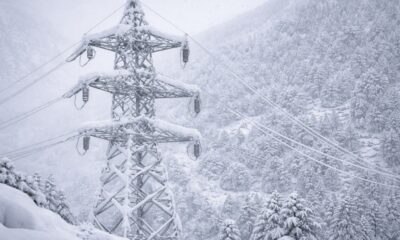
 Latest News4 days ago
Latest News4 days agoPower outages reported in multiple provinces after damage to Uzbekistan line


